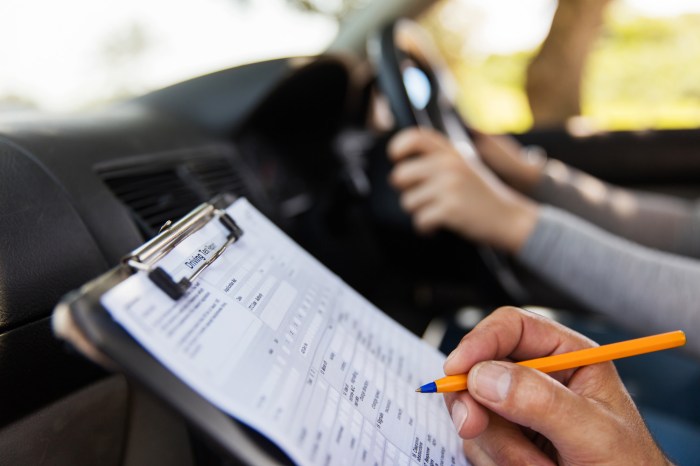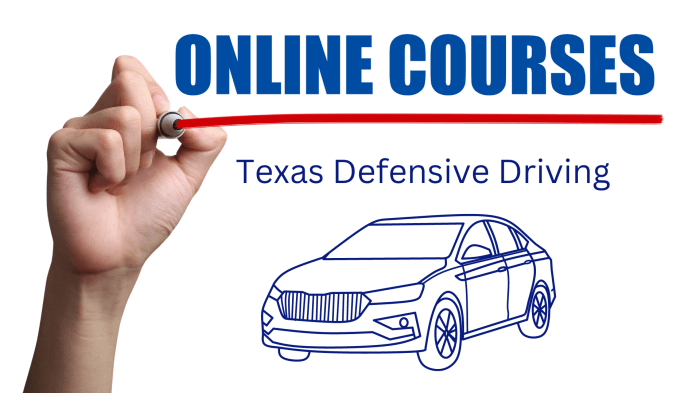Louisiana defensive driving course answers are readily available for those seeking to enhance their driving skills and knowledge. By enrolling in a Louisiana defensive driving course, individuals can reap numerous benefits, including improved driving habits, reduced insurance premiums, and potential traffic violation dismissals.
This comprehensive guide delves into the intricacies of Louisiana defensive driving courses, providing valuable insights into their content, delivery methods, completion requirements, and evaluation processes. Additionally, it addresses frequently asked questions to ensure a thorough understanding of the topic.
Louisiana Defensive Driving Course Overview

Louisiana’s defensive driving course is designed to enhance driving skills, promote road safety, and reduce traffic violations. Taking the course offers several benefits, including potential insurance premium discounts, improved driving habits, and increased awareness of road hazards.
To enroll in the course, drivers must possess a valid Louisiana driver’s license and have no major traffic violations within the past 12 months. The course typically lasts 6-8 hours and can be completed online, in-person, or through a hybrid format.
Course Content and Objectives

The Louisiana defensive driving course covers a comprehensive range of topics essential for safe and responsible driving. These include:
| Topic | Objectives | Relevance to Safe Driving |
|---|---|---|
| Defensive Driving Techniques | – Enhance hazard recognition and anticipation
|
– Reduces the likelihood of accidents by equipping drivers with proactive skills |
| Traffic Laws and Regulations | – Reinforce understanding of traffic laws
|
– Ensures compliance with legal requirements and minimizes traffic violations |
| Vehicle Maintenance and Inspection | – Educate drivers on essential vehicle maintenance
|
– Prevents mechanical failures and breakdowns, reducing the risk of accidents |
| Impaired and Distracted Driving | – Discuss the dangers of driving under the influence
|
– Raises awareness about the severe risks associated with these behaviors |
Course Delivery Methods: Louisiana Defensive Driving Course Answers

The Louisiana defensive driving course is offered through various delivery methods to accommodate diverse learning styles and preferences:
- Online:Convenient and flexible, allows for self-paced learning and schedule adjustments.
- In-Person:Provides face-to-face interaction with an instructor, enables real-time feedback and discussions.
- Hybrid:Combines online and in-person elements, offering a balance of flexibility and structured learning.
Choosing the most suitable delivery method depends on individual factors such as learning style, schedule availability, and comfort level with technology.
Clarifying Questions
What are the key topics covered in a Louisiana defensive driving course?
Louisiana defensive driving courses typically cover topics such as: – Defensive driving techniques – Hazard recognition and avoidance – Vehicle handling and control – Traffic laws and regulations – Accident prevention and avoidance
How long does it take to complete a Louisiana defensive driving course?
The duration of a Louisiana defensive driving course varies depending on the delivery method. Online courses typically take 6-8 hours to complete, while in-person courses may take longer.
What are the benefits of taking a Louisiana defensive driving course?
Benefits of taking a Louisiana defensive driving course include: – Improved driving skills and knowledge – Reduced insurance premiums – Potential traffic violation dismissals – Enhanced road safety
